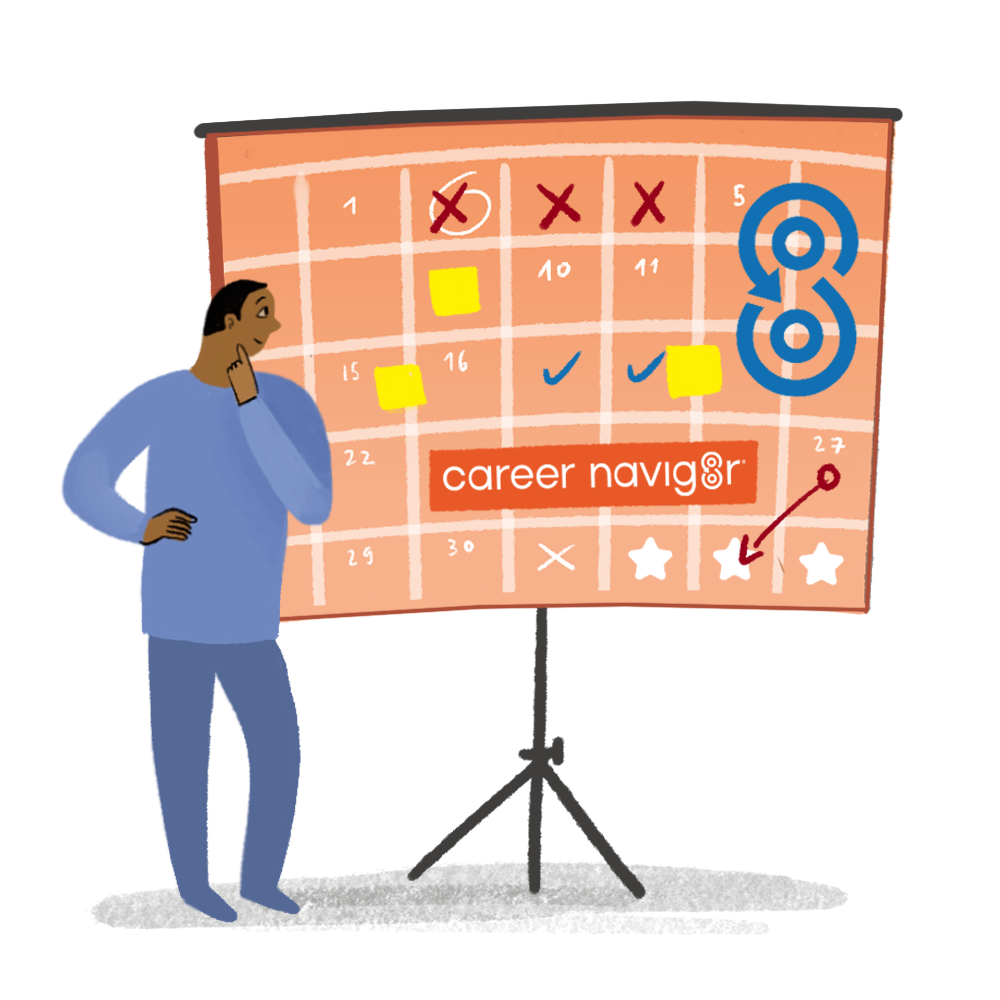Project Management: How To Teach An Organisational Skill Set

Go online and it won’t take you long to find dozens of project management courses seeking to teach a set of skills that can take years and even decades to fully master. While project management career tips can be useful, many of these courses fail to teach more than the basics and those new to the field often have to muddle through and learn things the hard way.
All that being said, and while there’s no replacement for years of experience, here at Career Navig8r, we truly believe that there is a more effective way to teach project management. We believe that, with the right foundations, it’s possible to build an organisational skill set that can be the basis of a solid career. Our method is simple – career mentoring.
Establishing An Effective Mindset
It all starts with mindset – which is a far easier thing to talk about than it is to achieve. Teaching someone a mindset is more akin to building habits than it is to providing structured lessons. It doesn’t happen overnight but through the practising and reinforcement of simple principles.
Project management courses run on the idea that an organisational skill set can be boiled down to a core set of ideals. While there is a truth to that, it’s one thing to know the ideals and quite another to put them into practice.
A Mentor can take someone new to the industry and gently steer them in the right direction. Instead of bombarding their Mentees with information up front, the best Mentors direct them so that principles are developed through practice. Instead of attempting to bypass it altogether, a Mentor enhances the natural learning process helping their Mentees to come to the all important conclusions sooner than they might have done otherwise.
The Power of Forward Planning

Project management career tips can be useful but, as with all career advice, they tend to focus on the long term. It’s all well and good to spend 3 years working at company A, two at company B, and another five at company C, just so that one decade from now you’ll have the perfect CV for a high-level project management position, but life has a tendency to throw a spanner in the works of that kind of long term thinking.
When traversing your own career, it’s important to be able to think in the short term as well as the long term. You need to focus on what your current job is doing for you and whether it’s really worth the long term benefits.
Having a Mentor around can be really helpful in this regard because, as they focus on your long term goals, working with the benefit of a whole career behind them, you can focus on your short term goals and together you can make decisions that are fully informed. A Mentor becomes a Navigator, pointing you in the right direction.
Understanding Scope
Another area where project management courses struggle to convey the same level of nuance a Mentor can is in the understanding of scope. Understanding scope is crucial to effective project management but it can be an incredibly challenging skill to learn.
In practice, whether you’re talking about staff productivity, budget requirements, or timelines, the only way to dynamically understand scope is through experience. It’s a skill that can’t be taught but has to be experienced.
For those early in their careers, a Mentor can do a lot to help quantify scope and give them better rules of thumb to work with. This leads to more early successes while the Mentee develops their own perspective of scope and how to manage it.
Teaching Teamwork
When guiding someone to develop an organisational skill set, it’s hard to underestimate the importance of good cooperative attitudes. Companies thrive on effective cooperation and good project management is at the heart of that. Learning how to inspire people to work at their best and incentivise productivity is probably the single most important skill a project manager can have.
Training Future Mentors
If there’s one thing all the best teachers know, it’s that you’ve only truly learned something once you can teach it to someone else. As an organisational skill set guide, it can help to think of your Mentees as future Mentors – people who will one day pass these skills along to someone else.
For example, teachable moments are an excellent way to help a Mentee remember what they’ve learned. By helping to redirect your Mentee when they go wrong, you’ll be putting an example in their mind that they’ll be able to pass along to someone else. In time the lesson becomes an anecdote that will be memorable both to them and to their own future Mentees.
Are you a Project Management expert? Would you like to teach the skills that have carried you through your career? If so, then sign up today with Career Navig8r.


